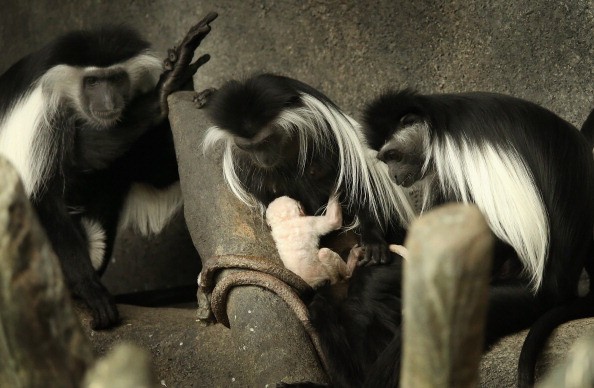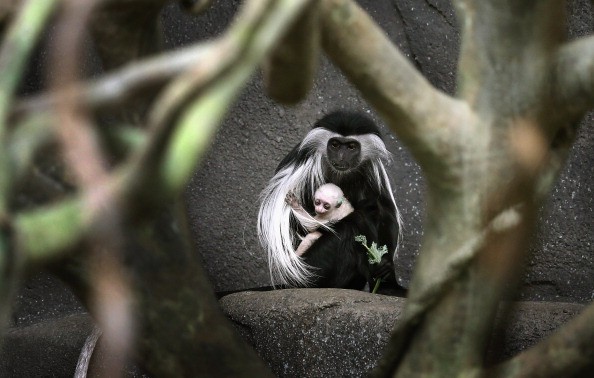Endangered primates that get constantly killed by cars while attempting to cross the road in a national park located in Zanzibar have been given a lifeline after experts put in speed bumps to reduce traffic.
Zanzibar red colobuses (Piliocolobus kirkii) are little primates that have a white coat, black face, and red back. They are presently on the list of endangered species, with below 6,000 adult individuals left in the wild, as stated by the International Union for Conservation of Nature (IUCN) Red List of endangered species.

Human Threat
The species is a native of Unguja - the biggest island in the Zanzibar archipelago in the Indian Ocean - and many individuals now inhabit in Jozani-Chwaka Bay National Park. However, in spite of being a species that is protected within a secured area, these small primates are still under human threat, experts report in a recent study.
Red colobuses are often hit by cars as they attempt to cross the main road by the way of the park. In response, a team of scientists from Bangor University, the Wildlife Conservation Society (WCS), and national parks in Zanzibar placed four speed bumps along the road.
The Speedbump Installation
Harry Olgun, a lead author, and also a doctoral student at Bangor University in the U.K., said in a statement: "After the Jozani road was surfaced but prior to the speedbump installation, a colobus was revealed to have been killed every two to three weeks, resulting in maybe about 12% to 17% annual death rate."
According to the researchers, since the speed bump installation, the rate of collisions between red colobuses and cars has been reduced to half. "The current data reveal that speed bumps have made a big difference for colobus's safety," Olgun said in the statement. Although, collisions with cars still remain a huge risk.
Young Reproductively Active Adult
"Cars do not select the animals they kill," co-author Alexander Georgiev, who is a primatologist at Bangor University and also a director of the Zanzibar Red Colobus Project, said in the statement.
Predators in the wild target the juvenile and oldest individuals among the population, but cars are "equally likely to kill young adults that are reproductively active," which could cease the population from rebounding, Georgiev added.
However, the scientists still trust there is hope for these amazing primates.

The Non-nocturnal and Arboreal Animal
Zanzibar red colobus monkeys are non-nocturnal and arboreal, meaning they are active mostly during daylight hours and they are tree-living animals. Their lightweight bodies let them leap around the canopy.
They are likely to have long periods of inactivity, which could be due to the increase of carbon dioxide gases and methane coming from their diets. Belching in each other's faces is a usual behavior during their play. Their feeding is usually a group activity that starts in the early morning hours.
Related Article : Genome Of a Capuchin Monkey Shows Largest Brain Size
For more news, updates, about monkeys and similar topics don't forget to follow Nature World News!
© 2026 NatureWorldNews.com All rights reserved. Do not reproduce without permission.





